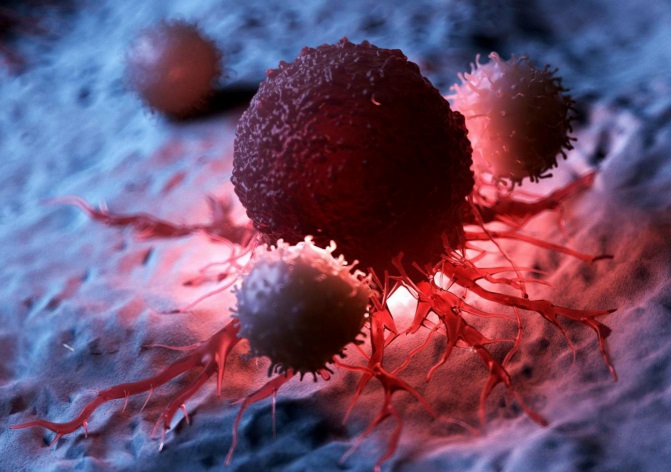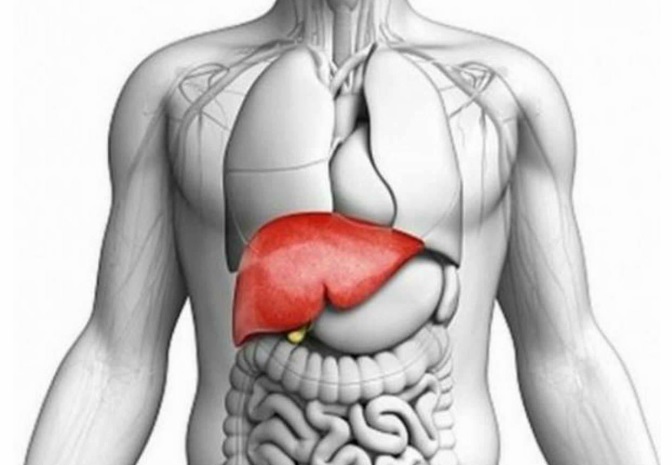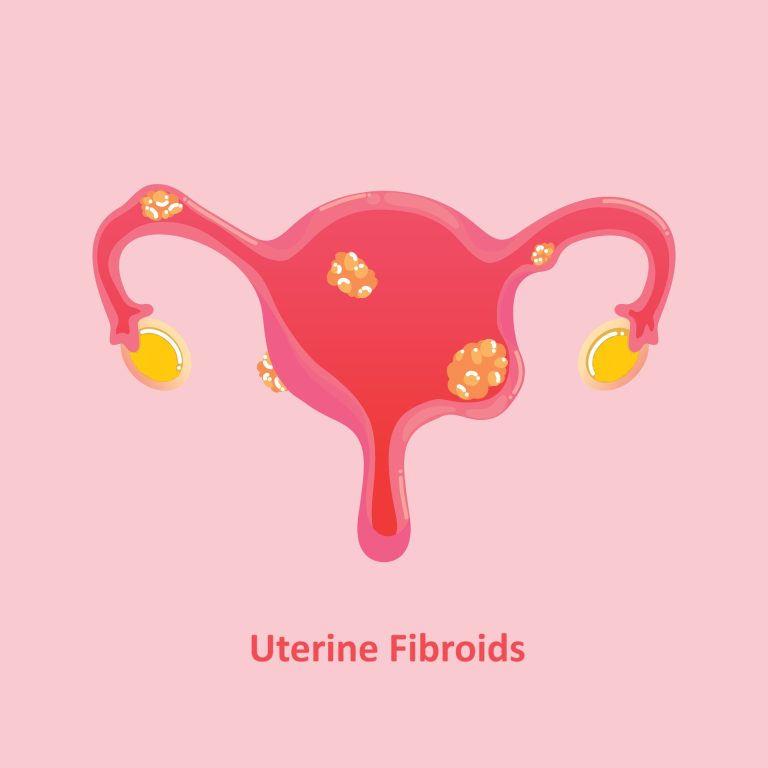Cancer is a complex group of diseases characterized by the abnormal and uncontrolled growth of cells. These cells can invade and destroy normal tissues in the body. Cancer can develop in virtually any part of the body and arise from various cell types.
Carcinogenesis is the process of cancer development. It involves multiple stages, typically starting with a genetic mutation or alteration in a cell’s DNA. These mutations can be caused by various factors, including exposure to carcinogens (such as tobacco smoke, ultraviolet radiation, or certain chemicals), genetic predisposition, infections, hormonal imbalances, and lifestyle factors (such as diet, physical activity, and alcohol consumption).
Types of Cancer
Liver Cancer
Liver cancer, also known as hepatocellular carcinoma (HCC), is a type of cancer that originates in the liver. It typically begins in the cells of the liver called hepatocytes. However, liver cancer can also develop from other cell types in the liver, such as bile duct cells or liver blood vessel cells. Liver cancer often occurs in individuals with chronic liver disease or liver cirrhosis, which are conditions characterized by long-term damage to the liver. Chronic hepatitis B or C infection, excessive alcohol consumption, non-alcoholic fatty liver disease (NAFLD), and certain genetic conditions are some of the factors that increase the risk of developing liver cancer.
Lung Cancer
Lung cancer is a type of cancer that starts in the lungs. It occurs when cells in the lung undergo abnormal changes and begin to grow uncontrollably, forming a tumor. These cancerous cells can spread to other body parts, making early detection and treatment crucial for better outcomes. The primary risk factor for lung cancer is cigarette smoking, which is responsible for the majority of cases. Other risk factors include exposure to secondhand smoke, exposure to carcinogens such as radon, asbestos, or certain industrial chemicals, a family history of lung cancer, and a history of certain lung diseases.
Intestine Cancer
Intestine cancer, also known as colorectal cancer, refers to cancer that develops in the colon or rectum, which are parts of the digestive system. It typically begins as small, noncancerous clumps of cells called polyps, which can eventually develop into cancerous tumors over time. Colorectal cancer often arises from the inner lining of the large intestine (colon) or rectum and can spread to other parts of the body if left untreated. Risk factors for developing colorectal cancer include age, family history of colorectal cancer or polyps, inflammatory bowel disease, specific genetic syndromes, a diet high in red or processed meats, low physical activity, obesity, smoking, and heavy alcohol use.




